Protect
The Places
We All Love
The Places
We All Love
Protect
The Places
We All Love
The Places
We All Love
Sustainability is at the core of everything we do at Fair Harbor—and always has been. Since we launched in 2014, we’ve made a positive impact on the environment by using recycled materials, responsible partners, and ethical, earth-friendly practices for all our apparel. Please help us protect the planet for everyone by joining us on this journey.
- Caroline and Jake Danehy
Co-Founders of Fair Harbor
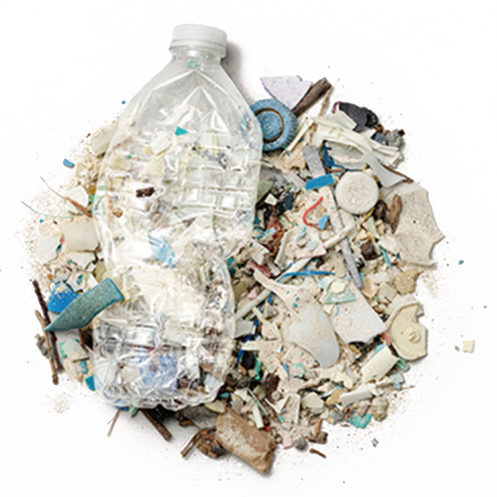
Our process starts with keeping plastic out of the waterways. First, we gather discarded plastic bottles from all over the world.
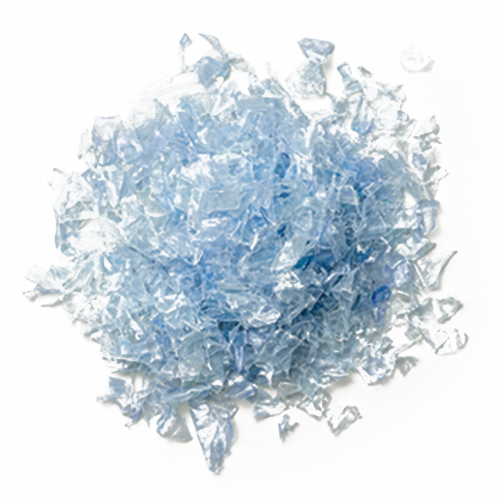
The collected bottles are then sent to our facility where they are washed and then shredded into flake.
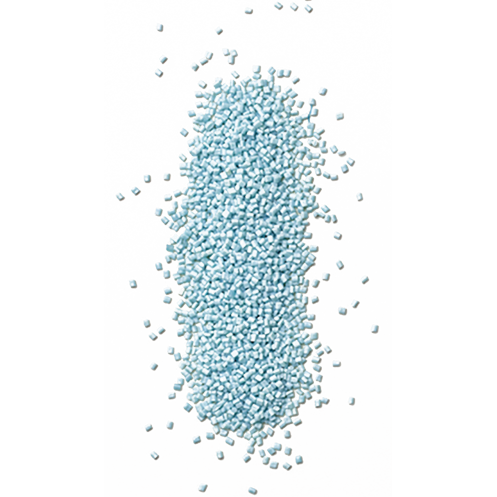
The flakes are then melted down extruded and formed into into pellets.
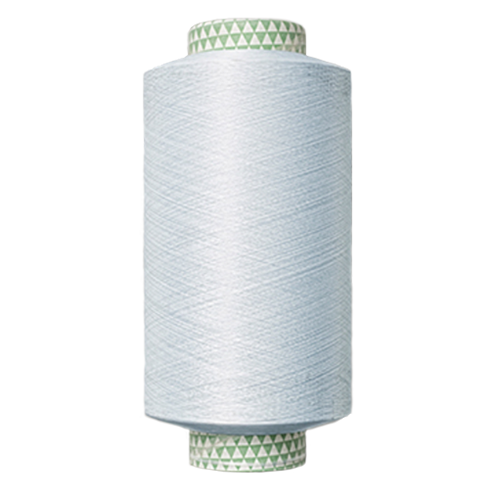
The pellets are then shredded and spun into yarn.
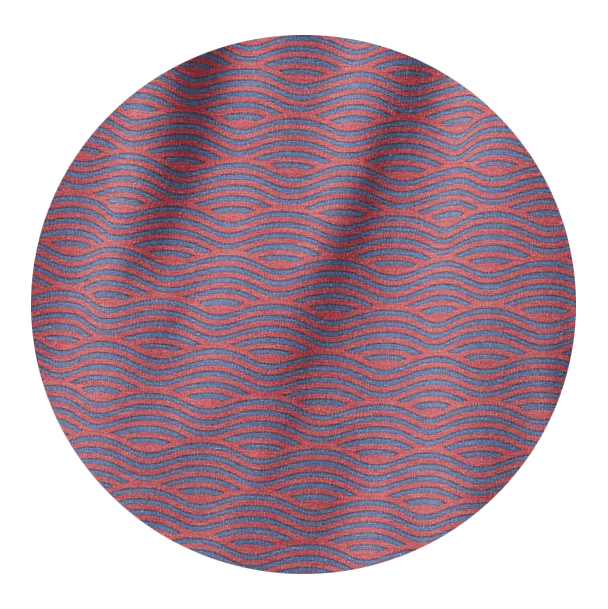
The fresh yarn is then woven into our custom fabric, where it can then be dyed or printed on.


Fair Harbor leads with its values. So our brand respects customers, employees, the community, and the environment. These ideals have been at the core of our brand since the beginning, and B Corp Certification officially acknowledges them.
We’re proud to be a Certified B Corp because we are part of a small and distinguished group of businesses that balance profit and purpose by meeting the highest standards of public transparency and social and environmental performance. Fair Harbor is part of a growing global community that is changing the world for the better by making our business a force for good.

We’re committed to using sustainable materials with the lowest social and environmental impact. And we are constantly striving to improve these fabrics. Here are some of the current innovative materials we use and how they stack up against conventional versions.
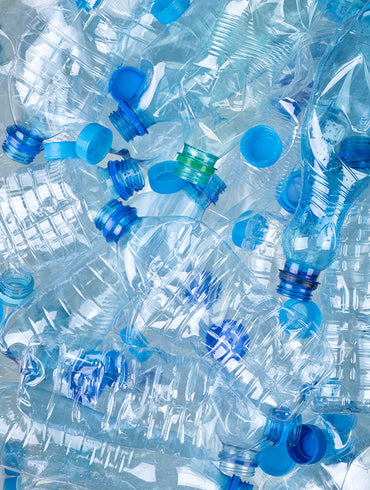
Characteristics:
Similar in appearance and quality to conventional polyester fabric: both are lightweight, durable, and quick-drying.
Benefits:
Produced from post-consumer plastic waste, recycled polyester has a lower environmental impact than virgin polyester. Recycled material reduces plastic in landfills and oceans, conserves resources, reduces energy consumption, and decreases greenhouse gas emissions while promoting a circular economy.
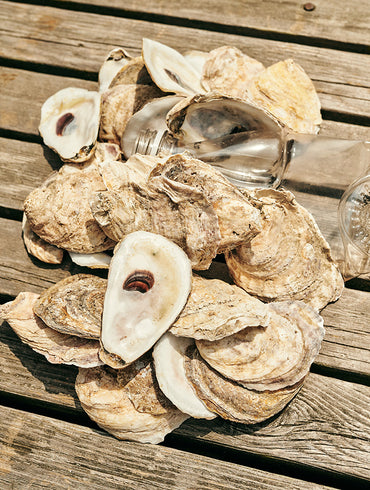
Characteristics:
Softer and less scratchy than conventional wool, seawool is derived from discarded oyster shells and recycled plastic bottles. This exceptional fabric is antibacterial, anti-static, silky to the touch, and insulating, so it’s an excellent material for activewear.
Benefits:
Seawool reduces the environmental impact of traditional textile production, conserves resources, and reduces energy consumption and greenhouse gas emissions.
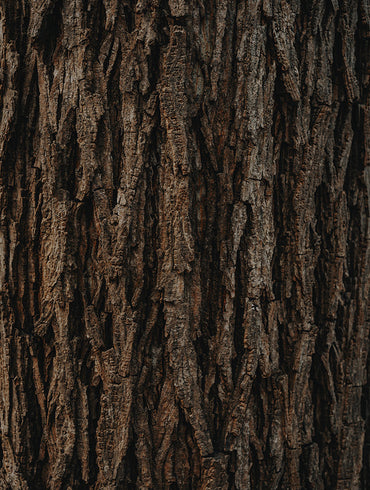
Characteristics:
Created from wood pulp, Tencel is a durable and strong fiber that’s soft and gentle on the skin. It’s absorbent, breathable and less prone to fading than other fabrics, even after repeated washing.
Benefits:
Tencel is certified biodegradable and compostable, and it uses a closed-loop production system that requires less water, energy, and chemicals. The result is lower CO2 emissions.
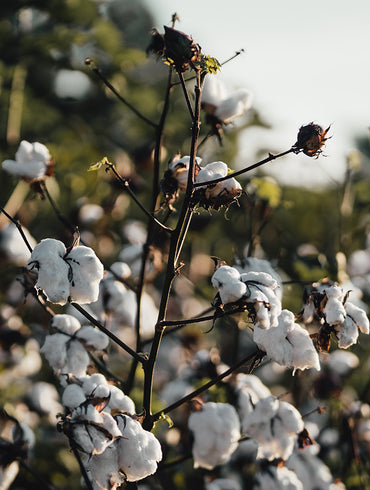
Characteristics:
Soft and naturally breathable, organic and conventional cotton are very similar. But since organic cotton is grown without pesticides, the soil is healthier, resulting in better-quality plants and longer-lasting clothing.
Benefits:
Grown without harmful synthetic pesticides, organic cotton is typically cultivated using rainwater, which conserves water resources. Composting and cover cropping farming also reduce greenhouse gas emissions compared to conventional cotton farming.
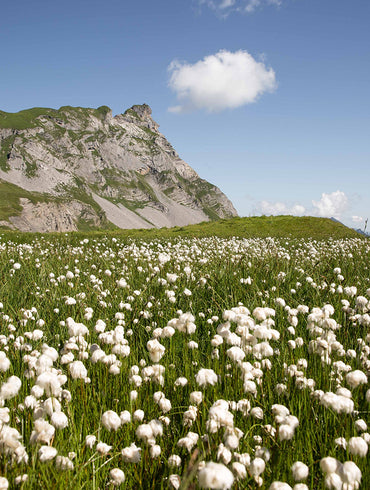
Characteristics:
Better Cotton Initiative cotton has the same softness and breathability as conventional cotton but with less impact on the environment.
Benefits:
BCI cotton is a more environmentally friendly alternative to conventional cotton because it uses less water, has fewer pesticides, and employs more sustainable agricultural practices.
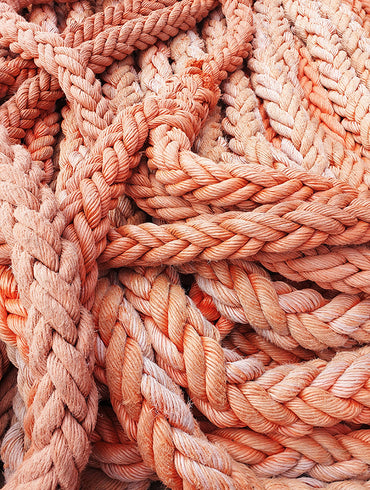
Characteristics:
Recycled nylon has all the same characteristics as virgin nylon: both are lightweight, durable, and quick-drying.
Benefits:
Fishing nets, carpet fibers, and other post-consumer nylon waste get a second life when spun into fine nylon fibers. It reduces plastic waste and pollution and uses much fewer resources than virgin nylon (water, energy, and fossil fuel) while promoting a circular economy.
Worldwide Responsible Accredited Production (WRAP):
This certification program verifies factories' compliance with social and environmental standards, including local laws, workplace safety, and ethical business practices.
The Global Recycled Standard (GRS):
A voluntary certification standard that verifies the recycled material in a product, GRS also considers the social, environmental, and chemical practices used in its production.
Sedex Members Ethical Trade Audit (SMETA):
SMETA is a widely recognized certification that audits ethical trading standards, including labor, health and safety, environmental performance, and business ethics.
Sign up to hear about exclusive sales and new products. We promise not to add any more junk to your inbox.

